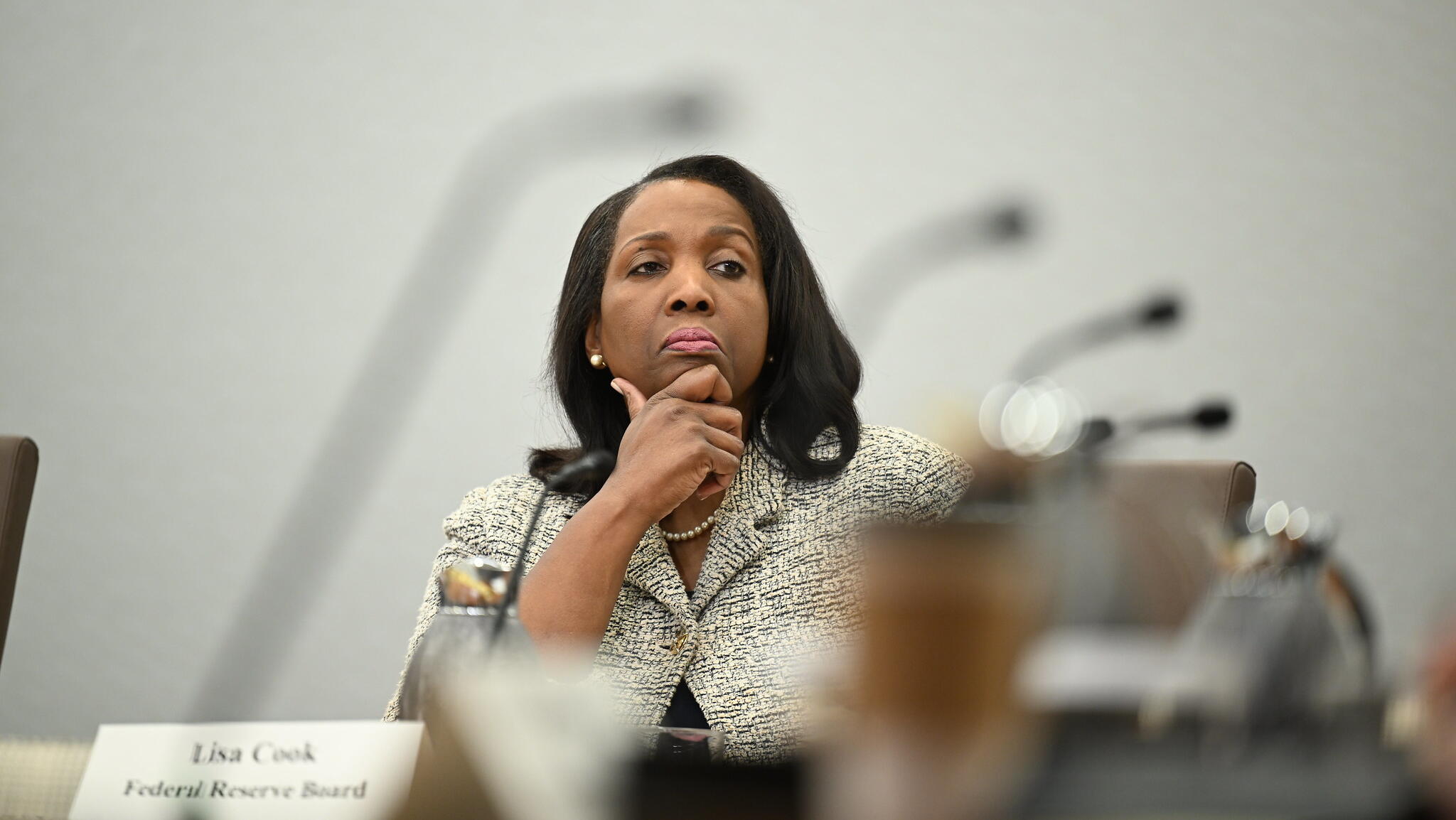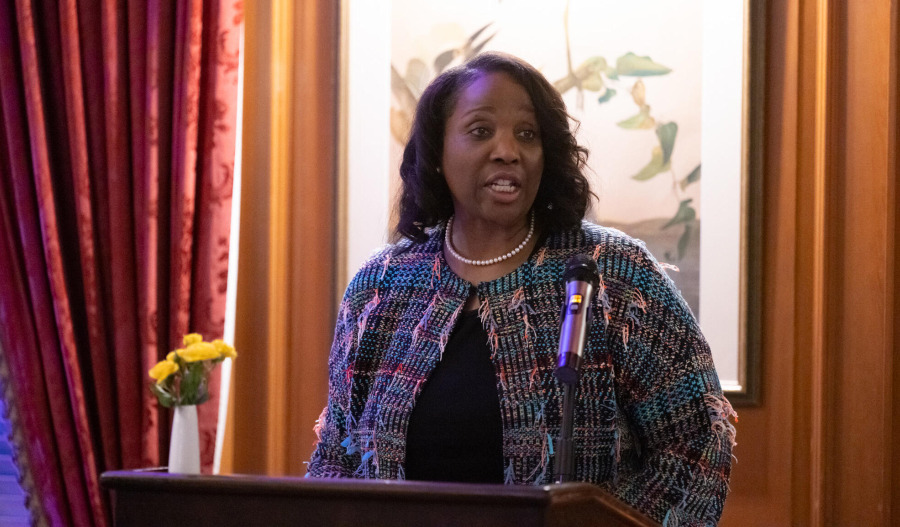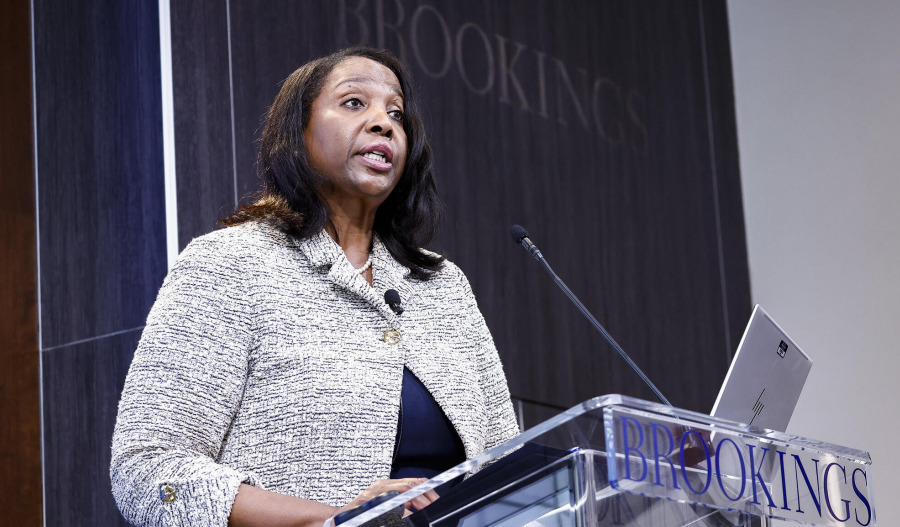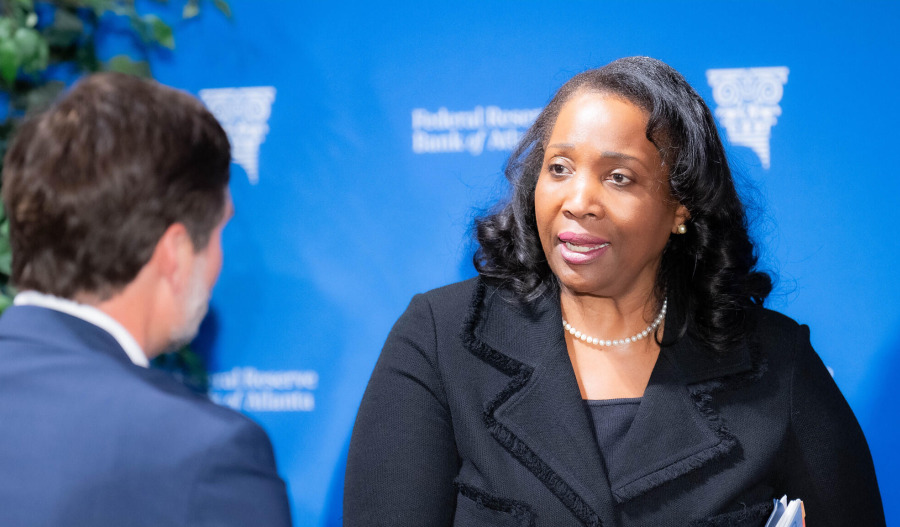The United States Supreme Court said on Wednesday it will hear arguments in January on President Donald Trump’s attempt to remove Federal Reserve Governor Lisa Cook, keeping her in her role for now and setting the stage for a landmark clash over the limits of presidential power and the central bank’s independence.
The justices declined to immediately rule on a Justice Department request to stay a lower court order that blocked Trump from firing Cook, who was appointed by former Democratic President Joe Biden. Instead, the court said it would wait until oral arguments are heard before deciding the issue.
The case hinges on provisions in the 1913 Federal Reserve Act, which states that governors may be removed by the president only “for cause”.
The statute, however, does not define the term nor outline procedures for removal, and the question has never been tested in court.
On 9 September, U.S. District Judge Jia Cobb ruled that Trump’s claims Cook had engaged in mortgage fraud prior to her appointment - allegations Cook denies - were unlikely to constitute valid grounds for removal under the Act.
Cook sued Trump in August after he announced he would oust her, arguing that the accusations were a pretext for her dismissal based on her monetary policy positions.
Cook’s attorneys, Abbe Lowell and Norm Eisen, welcomed the Supreme Court’s decision, saying in a statement that the Supreme Court’s action on Wednesday "rightly allows Governor Cook to continue in her role on the Federal Reserve Board, and we look forward to further proceedings consistent with the court's order".
The White House countered with its own statement. “President Trump lawfully removed Lisa Cook for cause from the Federal Reserve Board of Governors. We look forward to ultimate victory after presenting our oral arguments before the Supreme Court in January,” spokesperson Kush Desai said.
The U.S. Court of Appeals for the D.C. Circuit had earlier denied the administration’s request to lift Judge Cobb’s order in a 2-1 ruling on 15 September.
The high court’s decision comes against the backdrop of recent rulings that have expanded presidential authority to dismiss officials at agencies intended by Congress to operate independently.
Those cases have raised questions about the continued force of a 1935 precedent that shielded the Federal Trade Commission from direct presidential control.
Yet the Fed may be treated differently. In May, the justices suggested the central bank’s unique structure and historical role could distinguish it from other agencies, noting that it is “a uniquely structured, quasi-private entity” with a singular tradition.
The January arguments will determine whether Cook can remain in her post or must step aside while her lawsuit against her removal continues in lower courts.



